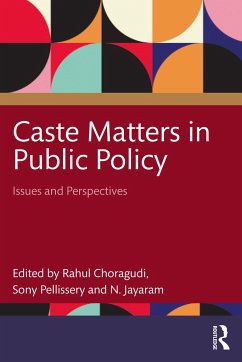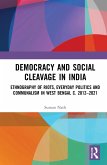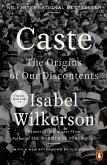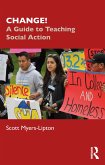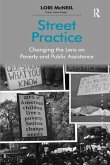Caste in India, despite its historical resilience, has been undergoing transformation since independence. If caste as a system of rigid stratification has been on the decline, castes as autonomous interest-serving groups have been on ascendance. This book critically engages with the changing notions of caste and its intersection with public policy in India. It discusses key issues such as social security, internal reservation, the idea of Most Backward Classes, caste issues among non-Hindu religious communities, caste in census, caste in market, and service castes and urban planning. Drawing on in-depth case studies from states including Andhra Pradesh, Delhi, Karnataka, Punjab, Tamil Nadu, Telangana, and West Bengal, the volume explores the cyclical process of how caste drives policies, and how policies in turn shape the reality of caste in India. It looks at the impact of factors like protective discrimination, adult franchise and democratic decentralisation, horizontal andvertical mobilisation, land reforms, and religious conversion on social mobility, and traditional hierarchy in India.
Empirically rich and analytically rigorous, this book will be an excellent reference for scholars and researchers of public policy, public administration, sociology, exclusion studies, social work, law, history, economics, political science, development studies, social anthropology, and political sociology. It will also be of interest to public policy and development practitioners.
Empirically rich and analytically rigorous, this book will be an excellent reference for scholars and researchers of public policy, public administration, sociology, exclusion studies, social work, law, history, economics, political science, development studies, social anthropology, and political sociology. It will also be of interest to public policy and development practitioners.

